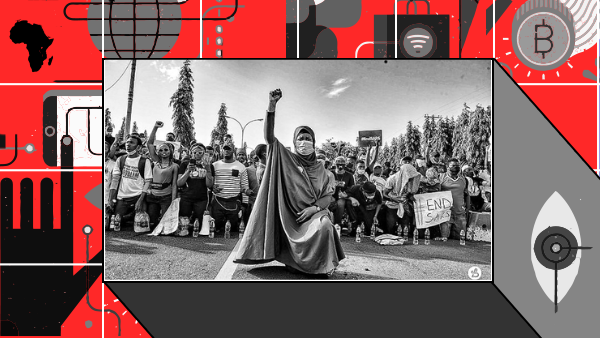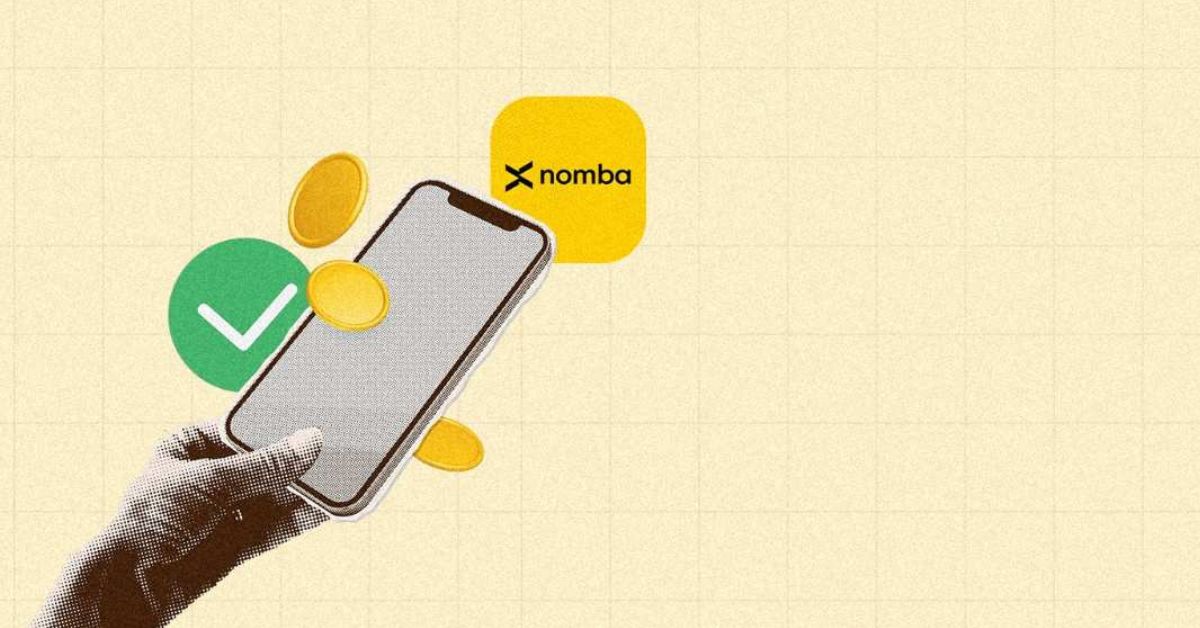In Lagos, Nigeria, where I am, protests against police brutality are now in day 6.
The Nigerian government still seems shocked that the protests are going on, especially when they handed us a line about disbanding the rogue SARS unit.
But most people say that a vague speech by the Police Chief disbanding SARS is not good enough.
So, an hour after you get this email,
protesters in different cities in Nigeria, will head out again peacefully, hoping that trigger happy policemen don’t add to the casualty figures. 11 people are confirmed to have been murdered so far.
When policemen kill 11 people during a protest against police brutality, that is crossing the Rubicon.
So how has the internet felt like a Slack channel all day?
Nigerians are often accused of being docile towards bad governments. We don’t protest government’s actions or inactions enough.
Yet, the reality is different.
There are a lot of logistical challenges if you hope to organise a protest. First, you want a show of force so that your protest is visible. This may involve ensuring that thousands of people show up at the same place.
So you design banners, pick a hashtag, and circulate those on all social media channels. You also want to give instructions to the people who want to show up: what’s acceptable behavior,
what’s the goal of the protest and how do they conduct themselves?
So far, Facebook, Twitter, Instagram and Whatsapp have been helpful for passing information.
But passing information isn’t enough.
Protests need money too
During Friday’s protests, I realised how expensive it is to keep
the momentum going in a protest. While you want people to stay at the protest grounds, the reality is that get hungry or thirsty or bored.
So you raise money to buy water for protesters, and in these times, to buy face masks for those who do not have. Did I mention someone was handing out chewing gum at the protest venue as well?
Food, pillows, mats, biscuits, cocktails… the generosity of thousands of people keeps the momentum going.
The Nigerian fintech startup, Flutterwave set up a donation link for Nigeria’s protests which it says has received ₦20 million so far. The Feminist Coalition, which has taken a central role in the protests also has a donation link.
How do outsiders know that this is a huge problem?
Now that logistics and financing are sorted, you want the cause you’re fighting for to be easily understood and all in one place. Hashtags can be useful, but they’re not the easiest way of figuring out what the meat of the matter is.
Enter archiving websites like this and this. It’s the clutter free way to know the details of what Nigerians are protesting and what the real issues are.
Funding helps pay for lawyers too
In Nigeria, where our democracy is still taking shape, protests revive years of military intolerance against public censure.
So, protesters will get arrested and monies are paid to secure the release of some protesters.
One lawyer tells me that policemen quickly turn this into a racket, arresting more protesters just to get bail money. But rackets like this are risky for protesters with no identification; it becomes difficult to know where they may have been taken to.
Google Sheets like this help to compile a list of missing persons so that an army of freelance lawyers can try to find them and secure their release.
So, the next time you see a protest, I hope you’re curious about the structures that keep the people going.
The next
step
You can spread the word about the protests in Nigeria by forwarding this email to your network of friends and family.
If this was forwarded to you, subscribe here.







